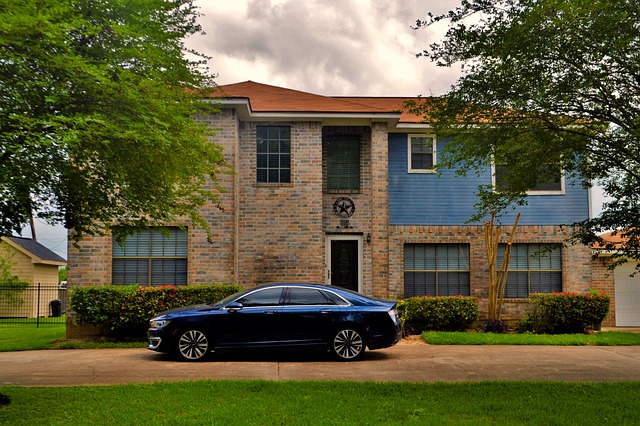Introduction
A propane refrigerator is a type of refrigerator that operates using propane gas as its primary source of energy. It is commonly used in situations where electricity is not readily available, such as in remote areas or during power outages. In this article, we will dive deeper into how a propane refrigerator works and the key components involved in its operation.
How Does a Propane Refrigerator Work?
A propane refrigerator operates on the principle of absorption refrigeration. Unlike traditional refrigerators that use compressors and refrigerants, absorption refrigeration relies on a combination of heat, pressure, and chemicals to create a cooling effect.
Key Components: A propane refrigerator consists of several key components that work together to provide cooling. These include:
1. Heat Source: The heat source is typically a propane flame or electric heating element. It provides the necessary heat energy to drive the refrigeration process.
2. Generator: The generator is responsible for separating the refrigerant from the absorbent in the system. It utilizes the heat from the heat source to vaporize the liquid refrigerant.
3. Condenser: The condenser is where the high-pressure, high-temperature refrigerant vapor is cooled and condensed into a liquid. This process releases heat and transfers it to the surrounding environment.
4. Evaporator: The evaporator is where the cooling effect takes place. The liquid refrigerant evaporates, absorbing heat from the refrigerator’s interior, and causing the temperature to decrease.
5. Absorber: The absorber is responsible for absorbing the refrigerant vapor from the evaporator. It uses an absorbent material, such as water or ammonia, to capture the refrigerant.
6. Expansion Valve: The expansion valve regulates the flow of refrigerant between the high-pressure side (condenser) and the low-pressure side (evaporator). It controls the refrigerant’s expansion and ensures proper cooling.
Advantages of Propane Refrigerators
Propane refrigerators offer several advantages over traditional electric refrigerators. These include:
1. Portability: Propane refrigerators can be easily transported and installed in various locations, making them ideal for camping trips, RVs, and off-grid living.
2. Energy Efficiency: Propane refrigerators are known for their energy efficiency. They consume less energy compared to electric refrigerators, making them a cost-effective option in areas with limited electricity supply.
3. Reliability: Propane refrigerators do not rely on electricity, making them a reliable cooling solution during power outages or in remote areas where electricity is unreliable.
Conclusion
In conclusion, a propane refrigerator operates on the principle of absorption refrigeration, utilizing a heat source, generator, condenser, evaporator, absorber, and expansion valve to provide cooling. It offers advantages such as portability, energy efficiency, and reliability in situations where electricity is not readily available. Understanding how a propane refrigerator works can help users make informed decisions about their cooling needs in various settings.
References
– www.propanerefrigerators.com
– www.gasfridgerepair.com
– www.rvweb.net












